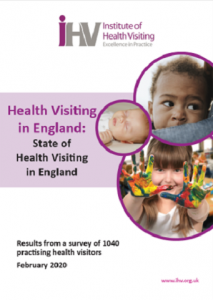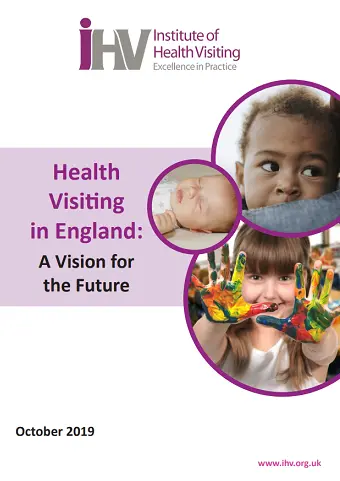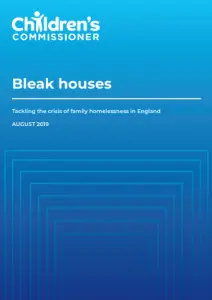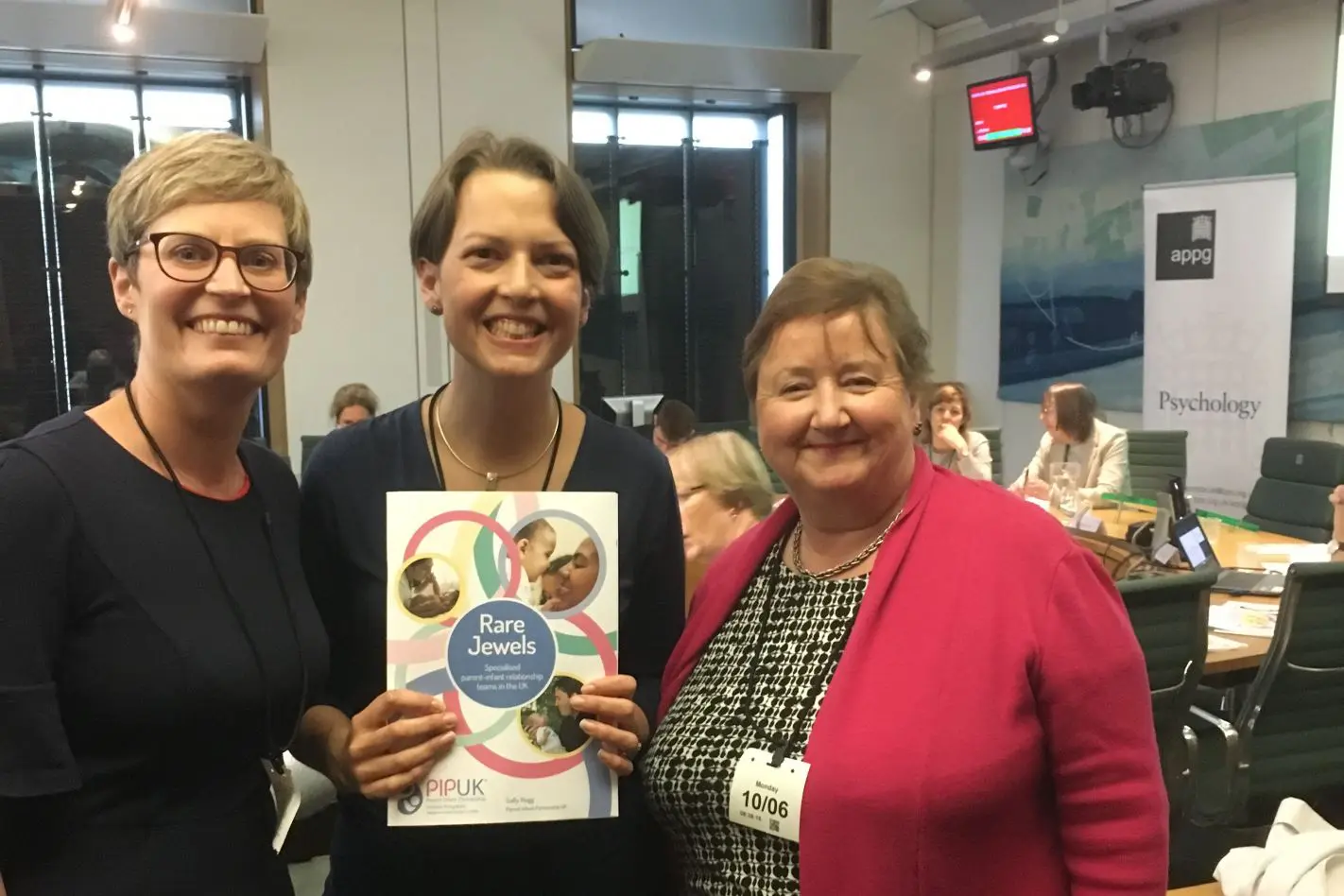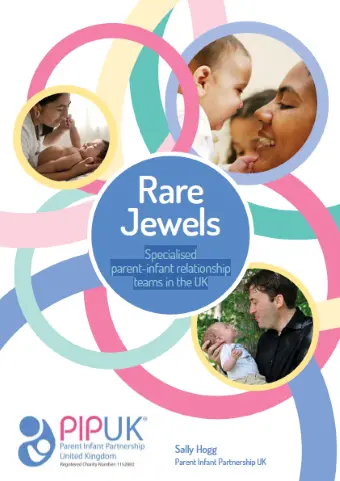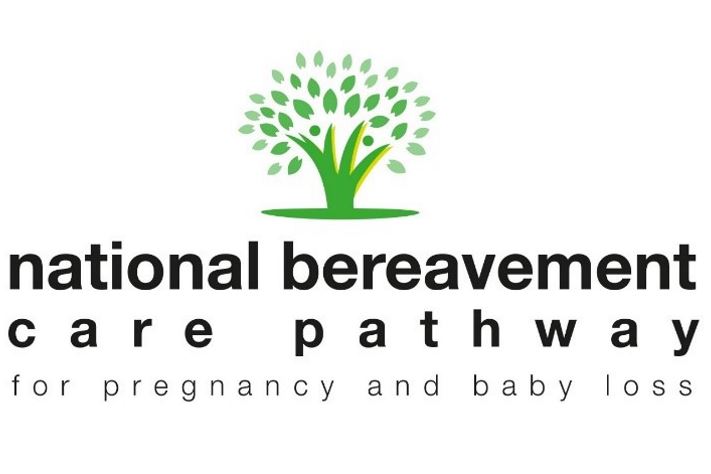iHV responds to the results of the latest NSPCC survey which finds that mothers report lack of consistent care during pregnancy and post-birth – only 6% of mums could recall seeing the same health professional in health reviews that take place during pregnancy and up to their child’s 1st birthday.
The NSPCC survey of over 2,000 mothers with children aged 1 to 3 in England about their experiences of health reviews revealed:
- nearly a quarter saw a new person each time
- over a quarter had a letter, phone call or text message instead of a face-to-face visit
- 40% said their health professional didn’t establish a relationship where they could share concerns about their wellbeing
- over a quarter reported rarely being asked about their mental health.
Commenting on the NSPCC survey, Dr Cheryll Adams CBE, Executive Director of the iHV, said:
“The NSPCC findings match those from our own recent survey of 1000 parents with Channel Mum. It is unacceptable that mums, at one of the most vulnerable times of their and their infants’ lives, aren’t getting access to consistent and high quality advice from a trusted health visitor as they should. The cuts to public health budgets have bitten deeply. It’s not only health visitors who have been lost, it’s also child health clinics, meaning that mothers will turn to the internet for advice which may be reliable, but very often isn’t, it may even be dangerous.”
The results of the NSPCC survey closely match iHV’s recent publication ‘What do parents want from a health visiting service?‘ survey report which found that parents want:
- Continuity of health visitor – someone who knows them as an individual and who they can trust
- Equity of access to support – receiving all mandated contacts and extra help when needed, regardless of where they live
Dr Adams continued:
“Our annual State of Health Visiting survey findings, published last week, demonstrated that 80% of mothers now don’t formally see a health visitor after their 6-8 week contact – so most are not receiving the five checks mandated by government by a health visitor, if at all. Only 34% reported being able to offer an antenatal contact to all or most families. Postnatal depression will inevitably be missed and much more. Health visitors are doing their very best, but are now mostly working with caseloads that are so large they are unsafe.”
Dr Adams concluded:
“It is a national scandal that our youngest and most vulnerable citizens and their parents continue to be subjected to ever disintegrating levels of state support. For the health visitors themselves, it is devastating to no longer be able to provide the services which they know families need.”
Ahead of the upcoming budget and spending review, iHV joins NSPCC’s call to urge government to invest in the public health grant so families get the care they need – Fight for a Fair Start campaign.



